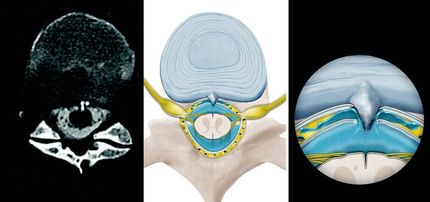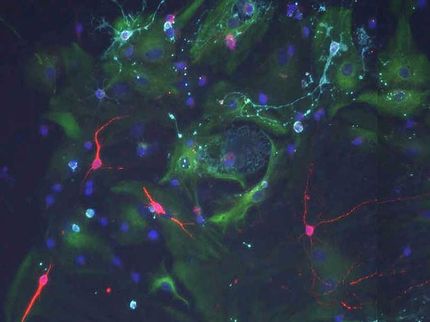Inhaled toxic particles take direct route from lungs to brain
Once in the brain, the particles were hard to clear and were retained for longer than in other organs
Breathing in polluted air could lead to toxic particles being transported from lungs to brain, via the bloodstream – potentially contributing to brain disorders and neurological damage, a new study reveals.

Symbolic image
Unsplash
Scientists have discovered a possible direct pathway used by various inhaled fine particles through blood circulation with indications that, once there, the particles stay longer in the brain than in other main metabolic organs.
An international team of experts from the University of Birmingham and research institutions in China published their findings in PNAS.
The scientists revealed they had found various fine particles in human cerebrospinal fluids taken from patients who had experienced brain disorders – uncovering a process which may result in toxic particulate substances ending up in the brain.
Co-author Professor Iseult Lynch, from the University of Birmingham, commented: “There are gaps in our knowledge around the harmful effects of airborne fine particles on the central nervous system. This work sheds new light on the link between inhaling particles and how they subsequently move around the body.
“The data suggests that up to eight times the number of fine particles may reach the brain by travelling, via the bloodstream, from the lungs than pass directly via the nose - adding new evidence on the relationship between air pollution and detrimental effects of such particles on the brain.”
Air pollution is a cocktail of many toxic components, but particulate matter (PM, especially ambient fine particles such as PM2.5 and PM0.1), are the most concerning in terms of causing detrimental health effects. Ultrafine particles, in particular, are able to escape the body’s protective systems, including sentinel immune cells and biological barriers.
Recent evidence has revealed a strong link between high levels of air pollution and marked neuroinflammation, Alzheimer's-like changes and cognitive problems in older people and even in children.
The team of scientists discovered that inhaled particles can enter the bloodstream after crossing the air-blood barrier - eventually reaching the brain, and leading to damage of the brain-blood barrier and surrounding tissues as they do so. Once in the brain, the particles were hard to clear and were retained for longer than in other organs.
Their findings offer new evidence in proving the risks from particulate pollution to the central nervous system, but the researchers recommend that more investigation is needed into the mechanics of how inhaled ambient fine particles reach the brain.
Original publication
Yu Qi, Shuting, Tao Xin, Chuanjiang Huang, Yichen Pu, Jinzhu Ma, Changbin Zhang, Yajun Liu, Iseult Lynch and Sijin Liu;; ‘Passage of exogeneous fine particles from the lung into the brain in humans and animals’; Proceedings of the National Academy of Sciences (PNAS) June 20, 2022
Most read news
Original publication
Yu Qi, Shuting, Tao Xin, Chuanjiang Huang, Yichen Pu, Jinzhu Ma, Changbin Zhang, Yajun Liu, Iseult Lynch and Sijin Liu;; ‘Passage of exogeneous fine particles from the lung into the brain in humans and animals’; Proceedings of the National Academy of Sciences (PNAS) June 20, 2022
Topics
Organizations
Other news from the department science

Get the life science industry in your inbox
By submitting this form you agree that LUMITOS AG will send you the newsletter(s) selected above by email. Your data will not be passed on to third parties. Your data will be stored and processed in accordance with our data protection regulations. LUMITOS may contact you by email for the purpose of advertising or market and opinion surveys. You can revoke your consent at any time without giving reasons to LUMITOS AG, Ernst-Augustin-Str. 2, 12489 Berlin, Germany or by e-mail at revoke@lumitos.com with effect for the future. In addition, each email contains a link to unsubscribe from the corresponding newsletter.























































